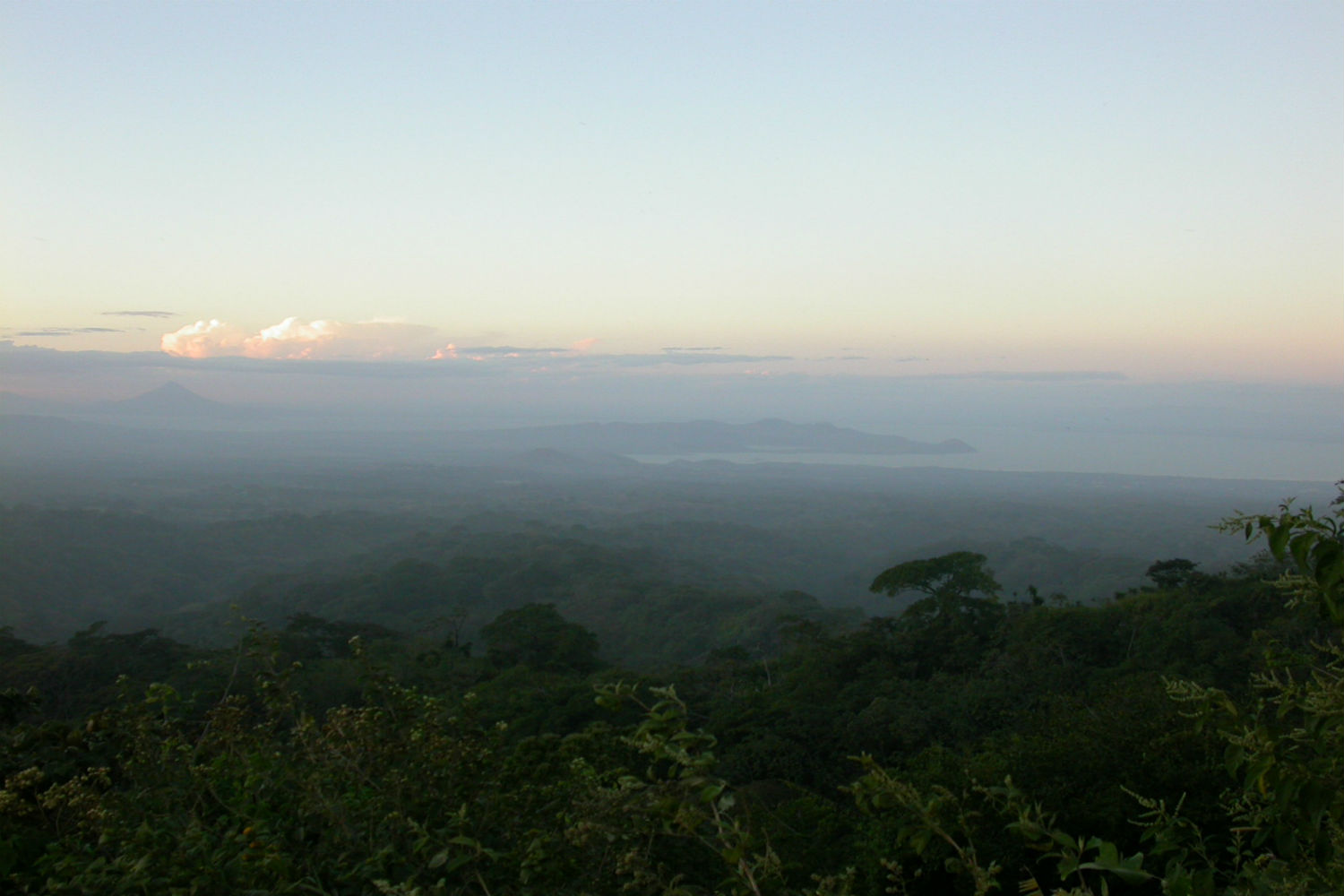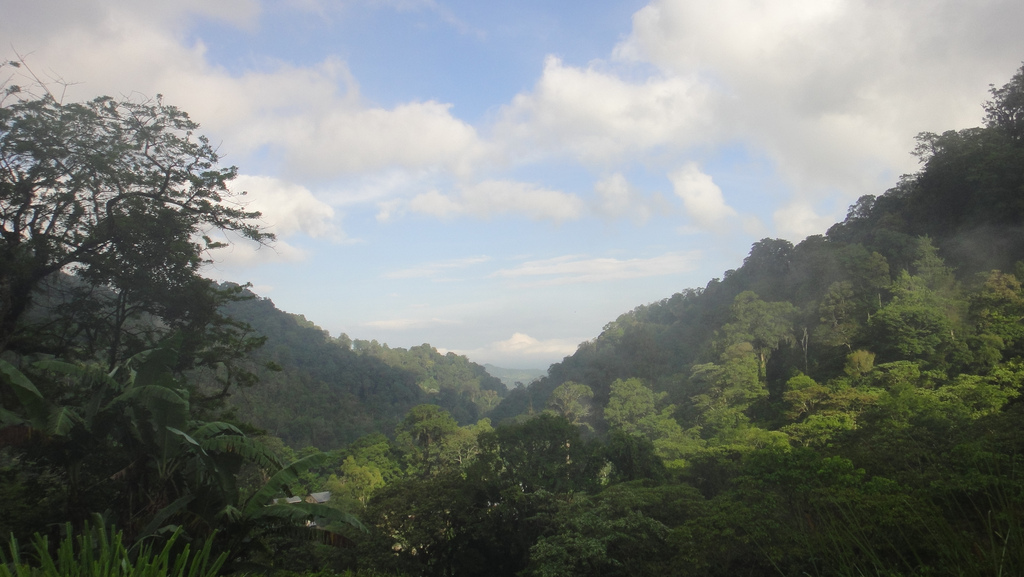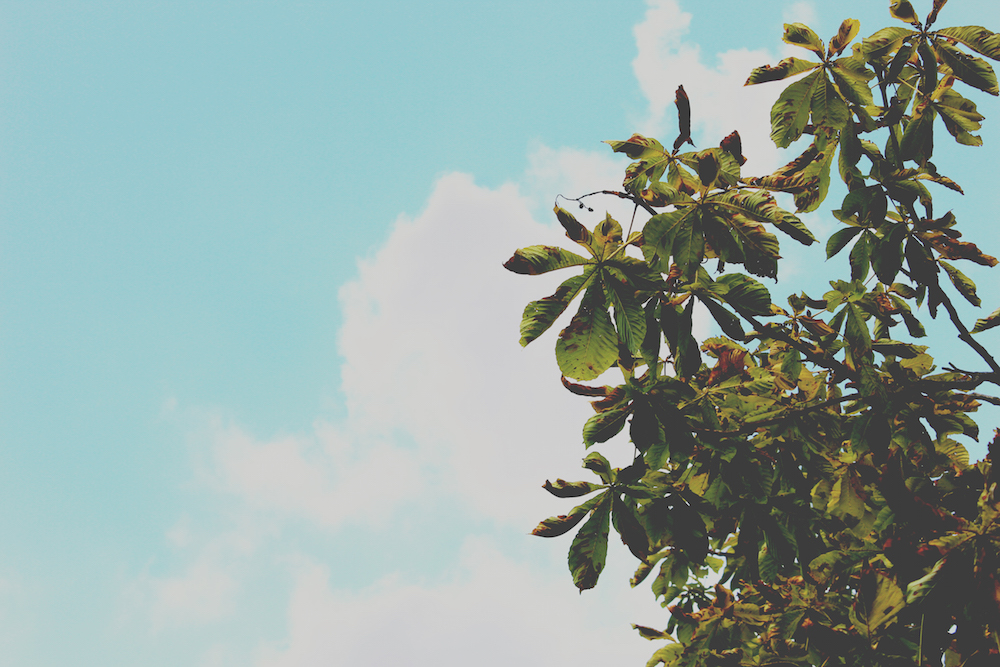As I watched the microbus pull away, I felt the sinking feeling in my stomach again. This was a feeling totally new to me, and not easy to define. It bordered on the lines of terror, curiosity, and helplessness. Throughout my time of study I had briefly greeted this feeling, but now it had decided to skip the gut and go straight for the chest. The pressure was rising into my throat and I was on the verge of tears. But I held it together; trusting that these strangers I just met will take care of me. Either way I didn’t have a phone or computer or any way to escape even if I wanted to since I had no idea where I was or where I was about to go. So I followed them blindly, surrendering to my fear and helplessness.
We passed by my host mom’s daughter’s house in El Crucero before heading to the rural community where I would be living for the next six weeks, called Santa Julia. As I tried to catch bits and pieces of rapid campo Spanish, I discovered they were trying to decide how to transport my gigantic gringo-sized suitcase. Finally I saw my host dad, a flaco, offbeat war veteran nicknamed “El Zorro” (“the fox”), zip up on his motorcycle as my host brother propped my suitcase on the back and hopped on as well, sandwiching the suitcase between them. That wasn’t even the best part. An older gentlemen on a horse trotted by and hoisted my barrel of purified water behind him, continuing down the path like this was perfectly normal.
Looking back, I see this was a humorous insight into Nica culture lesson No. 1: Strangers will go out of their way to make sure you get where you need to go. And without much thought or planning, things always seem to fall into place. This insight continued to ring true my first day in the campo as my host mother, Lola, and I started the trek on foot to Santa Julia.


